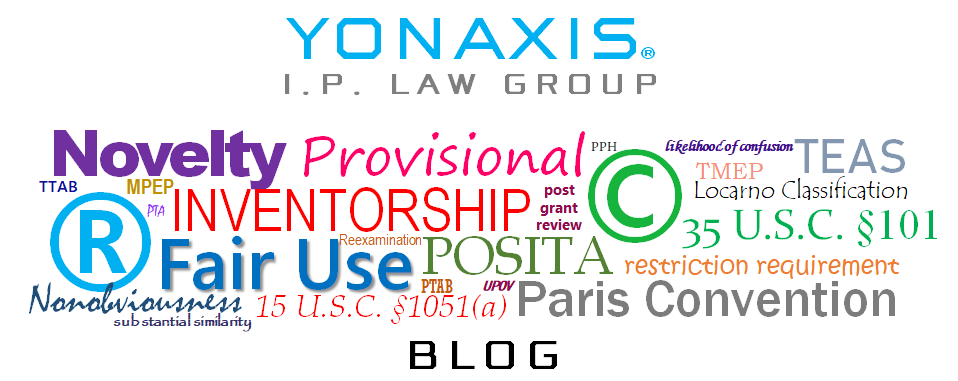A new trademark application for COVID-KUSH was filed with the U.S. Patent and Trademark Office (USPTO), on July 30, 2020. The applicant is Anthony Ariza dba Covid-Kush of Santa Clara, California. The identification of goods and services indicates it is a mark for use in International Class 30, for gelatin-based chewy candies; flavored, sweetened gelatin desserts.
There are a number of issues with this application. The name COVID-KUSH refers to two recent events with major legal implications. First, Kush refers to vernacularly to the region of Afghanistan where a particular marijuana strain is grown. Many in the cannabis trade know the term “Kush” as meaning this particular marijuana strain. Because the Drug Enforcement Agency, consistent with current federal law, continues to list marijuana on Schedule I, the USPTO’s policy has been to register marks which identify goods encompassing hemp-derived CBD or cannabis; any other use will still be refused because of marijuana’s continued illegal status under the Controlled Substances Act. It is unclear the composition of the applicant’s chewy candy products, and whether or not it is indeed composed of hemp derivatives. During prosecution of the application, the Examining Attorney will require applicant to clarify the mark’s use. If the applicant cannot adequately clarify the use to the Examining Attorney’s objection, the refusal will most likely be sustained.
Second, a mark must act as a source indicator. If it fails to function as a mark, the mark will be refused registration (15 U.S.C. §1051; §1052; TMEP 1202.17(c)). A universal symbol is one that is merely informational and is widely recognized when displayed in its usual context. Everyone is well aware of coronavirus of which the term “COVID” refers to, or “coronavirus disease” and its other specific names, 2019 novel coronavirus, or “2019-nCoV” or “COVID-19.” Any mark with the term “COVID” in it will be subject to heightened examination during prosecution, and will most likely be refused on the basis of its failure to function as a source indicator.
The application was just filed recently, and will be queued for examination in three to four months. It will be interesting to follow its prosecution, but it will most likely be refused registration under either of these two bases.
